Optimal Timing for Water Heater Service
Scheduling water heater service at appropriate times can extend the lifespan of the unit and ensure optimal performance. Regular maintenance is recommended to prevent issues such as sediment buildup, corrosion, and inefficiency. Understanding seasonal patterns and usage cycles helps determine the best timing for service.
Spring is an ideal time for water heater service, as it prepares the unit for higher usage during summer months and prevents issues from winter-related wear.
Fall offers a good opportunity for inspection before peak usage periods, ensuring reliability during colder months.
After winter, servicing can address any damage caused by freezing temperatures and sediment accumulation.
Getting a tune-up before summer helps maintain efficiency during increased hot water demands.
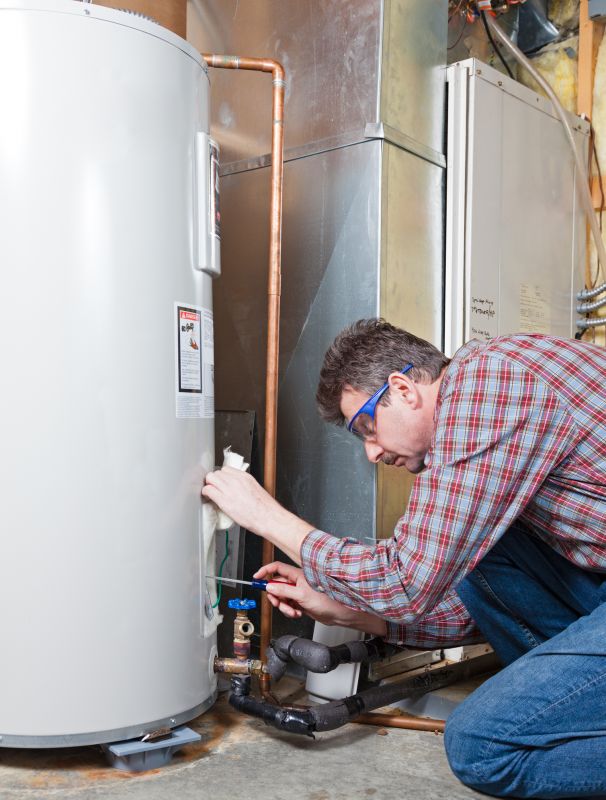
A technician examines the unit for corrosion and sediment buildup.
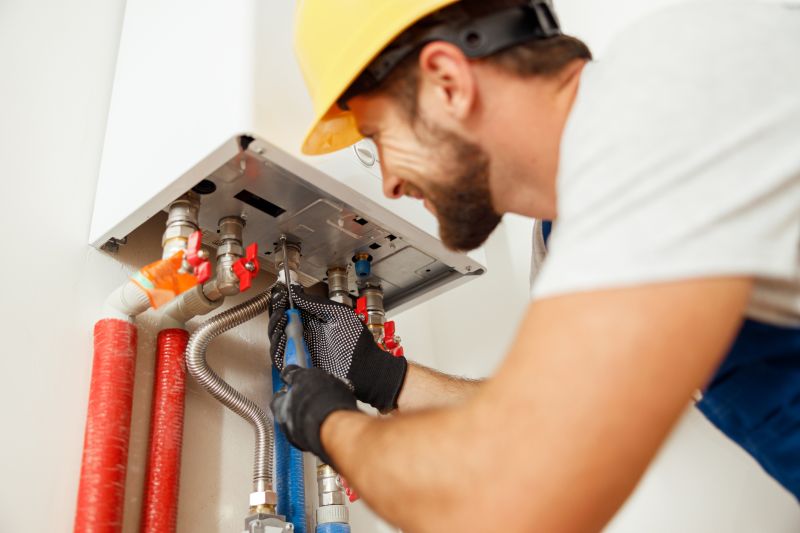
Removing sediment improves efficiency and prolongs lifespan.
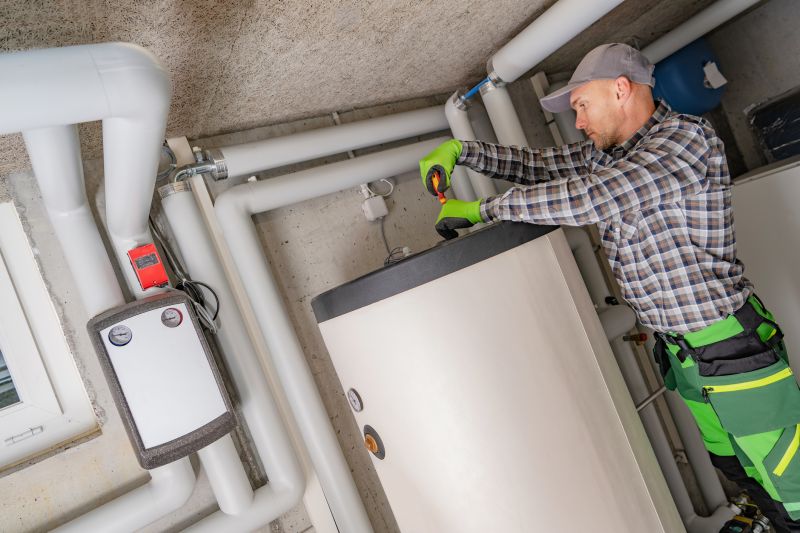
Replacing anodes prevents corrosion and extends water heater life.
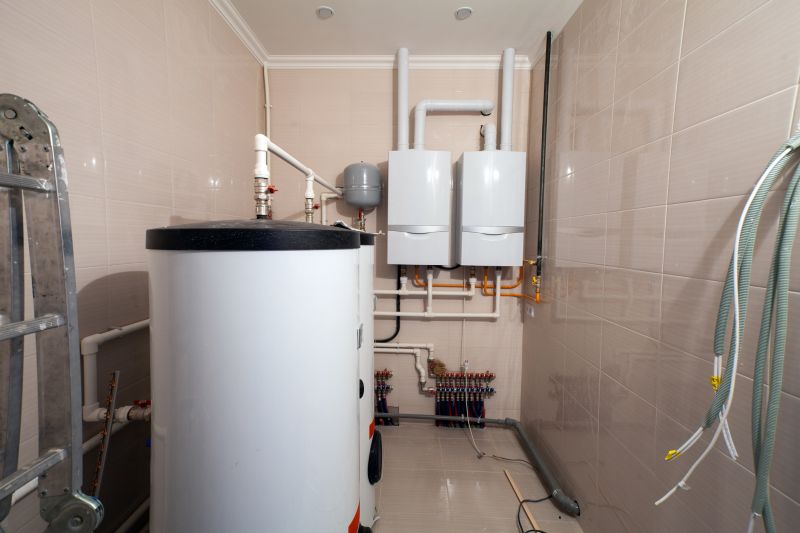
Ways to make Water Heater Service work in tight or awkward layouts.
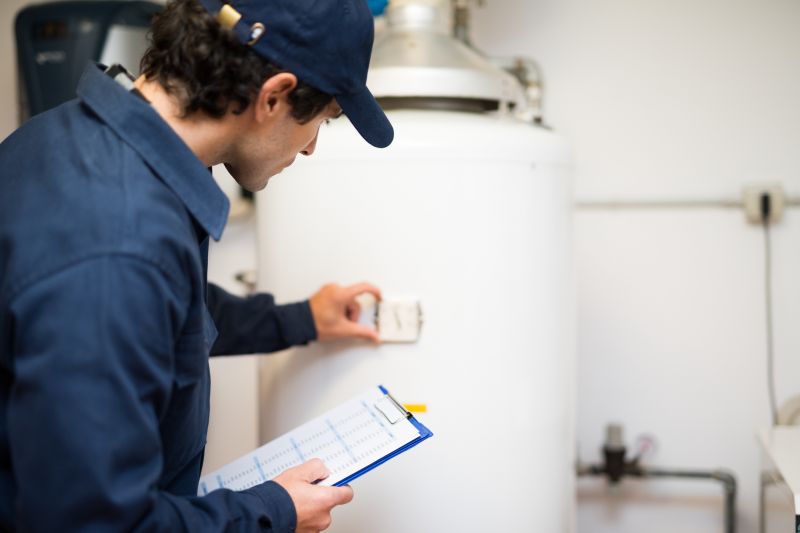
Popular materials for Water Heater Service and why they hold up over time.

Simple add-ons that improve Water Heater Service without blowing the budget.
| Season | Recommended Service Action |
|---|---|
| Spring | Inspection and flushing to remove sediment buildup |
| Summer | Routine check for efficiency and leaks |
| Fall | Pre-winter inspection and anode rod replacement |
| Winter | Addressing any freezing damage or sediment issues |
| Pre-Summer | Tune-up and performance optimization |
Water heater service involves a combination of inspection, cleaning, and component replacement to ensure the unit operates efficiently and reliably. Regular servicing can prevent costly repairs, reduce energy consumption, and extend the lifespan of the water heater. It is especially important to perform maintenance before periods of high demand or extreme weather conditions.
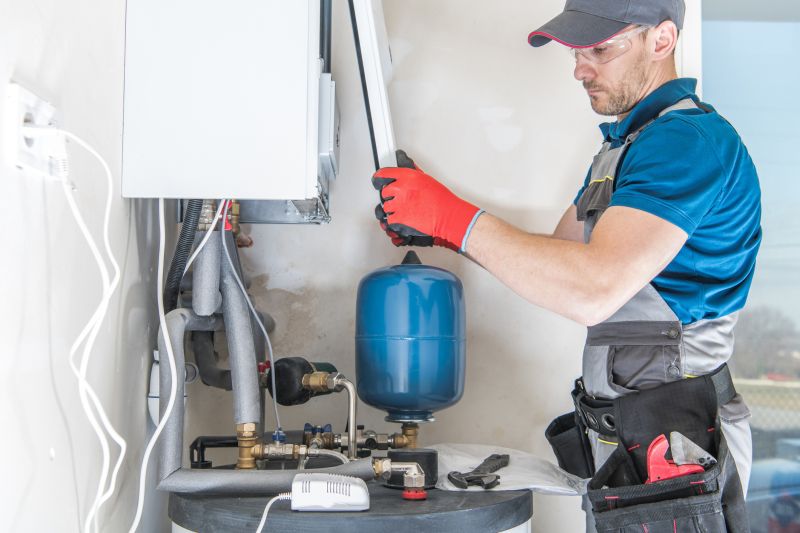
Technicians perform comprehensive maintenance to keep units running smoothly.
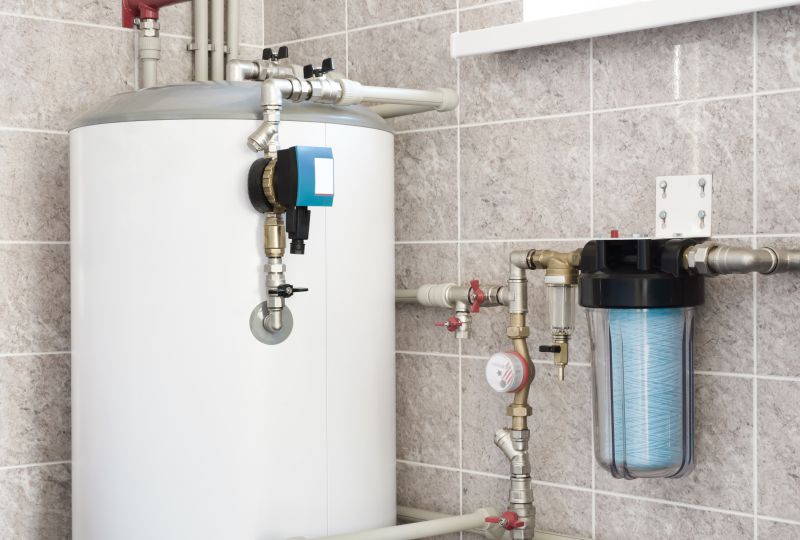
Flushing out sediment improves efficiency and prevents corrosion.
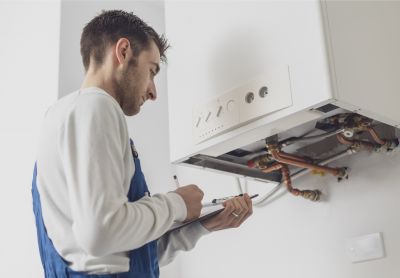
Checking and replacing anodes helps prevent tank corrosion.
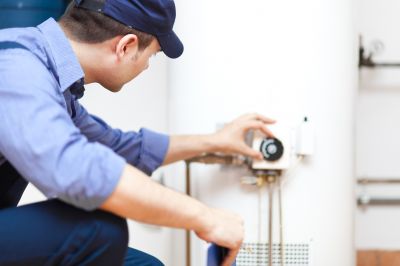
Proper thermostat settings ensure safety and efficiency.

High-end options that actually feel worth it for Water Heater Service.

Finishes and colors that play nicely with Water Heater Service.
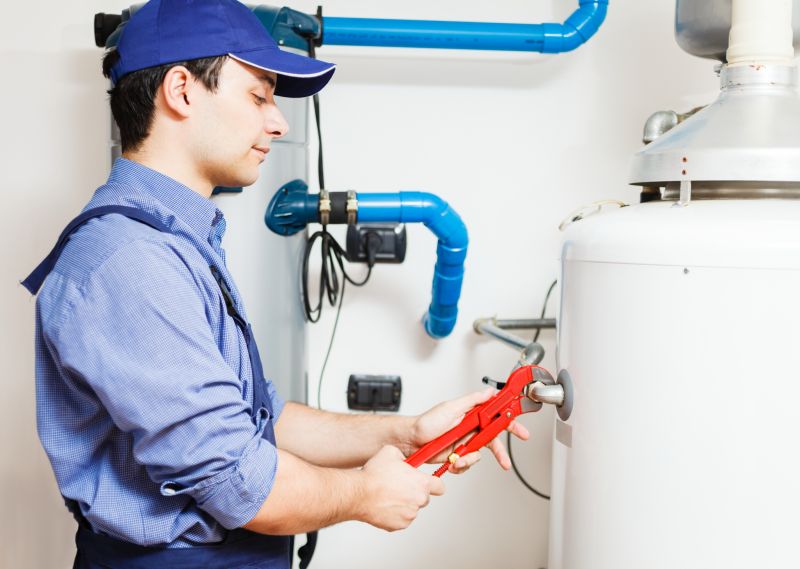
Little measurements that prevent headaches on Water Heater Service day.

A 60-second routine that keeps Water Heater Service looking new.
Scheduling water heater service at appropriate times ensures continued efficiency and reduces the risk of unexpected failures. Regular maintenance is a proactive approach to managing water heater performance, especially in climates with significant temperature fluctuations. Proper timing, combined with routine inspections, helps maintain a consistent supply of hot water and optimal energy use.
Unusual noises, inconsistent hot water, or increased energy bills may signal the need for servicing.
Enhanced efficiency, longer lifespan, and reduced repair costs are key advantages.
Consider scheduling during low-demand periods to minimize disruption.
Qualified technicians can evaluate and recommend the best service schedule.
Interested in scheduling water heater service? Filling out the contact form provides a convenient way to arrange an appointment and ensure the unit remains reliable throughout the year.

